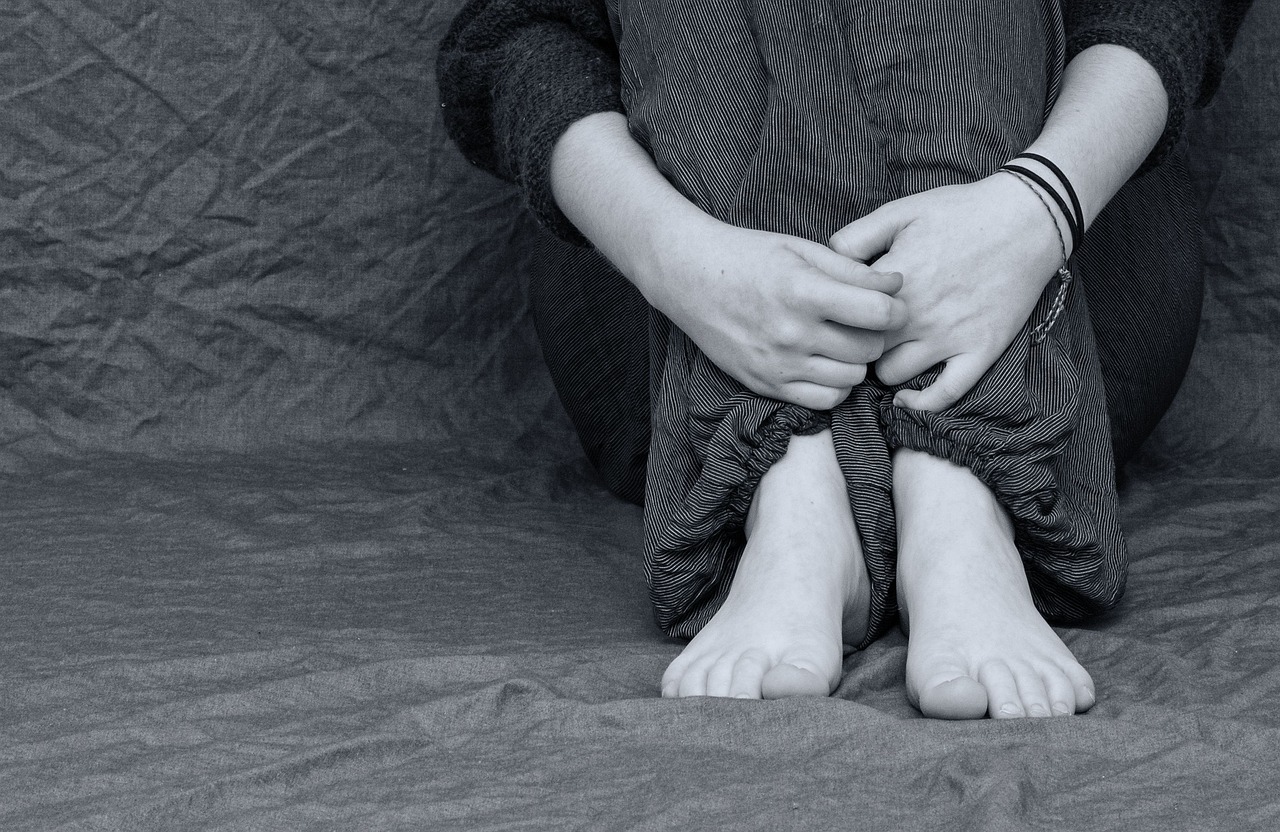
It is a known fact that depression is one of the most common mental illnesses in our nation. Men and women of all ages experience the pervasive sadness, exhaustion, pain, anxiety, sleeplessness or extreme sleepiness, dragging them down and making it extremely difficult to function in daily life. For those suffering in this way, the main treatment is therapy and anti-depressants. Some people are afraid to take anti-depressants because they think that they are “happy pills”. The reality is that when we are terribly stressed for a long period of time, the neurotransmitters in our brain become unbalanced, making us feel even more depressed. Anti-depressants balance the neurotransmitters in our brain, helping us function and do the hard work needed in therapy. People usually respond to these two forms of treatment.
Many times, depression is overlooked in teenagers. Because teenage depression looks different from adult depression, parents sometimes don’t recognize the symptoms. While adults are in touch with their emotional pain, depressed teenagers usually start out complaining about physical aches and pains. Although stomach problems, headaches and just a general ill feelings may plague them, a doctor will not be able to find a diagnosis. Adults feel pervasive sadness when they are depressed, while teenagers usually become increasingly more irritable. Parents should be aware of their teen’s descent into intense irritability.
Because there is an increased sensitivity to criticism, your teen may start avoiding activities where they fear failure. While your teenager once may have delighted in trying out for sports, the school musical or go on dates, if he is depressed, he will begin to avoid anything resembling taking a risk in order to avoid rejection. Parents who nag their teen to achieve only serve to worsen their teen’s depression. On the other hand, they might engage in high-risk behaviors such as drugs, alcohol, skipping school and unsafe sex. Teenagers may change their group of friends, associating with the wrong crowd and stop talking to their old friends. They may completely withdraw from real life activities and focus their attention on the online world. This can be dangerous as he may create an online persona, engage in online chats or play role-playing games, all to escape the realities of his life. Some signs and symptoms of teenage depression are:
- Fatigue or lack of energy
- Poor school performance
- Changes in eating and sleeping habits
- Tearfulness or frequent crying
- Feelings of worthlessness and guilt
- Hopelessness
- Difficulty concentrating, lack of motivation
Because suicide in teenagers is at all an all-time high, it is crucial to keep an eye on your child and do everything possible to help him in his depression. Some suicide warning signs to watch for are:
- Engaging in reckless behavior or having a lot of accidents resulting in injury
- Seeking out weapons, pills or other ways to kill themselves
- Speaking positively about death or romanticizing dying
- Writing stories or poems about death, dying or suicide
- Talking or joking about committing suicide
- Saying things like, “I’d be better off dead”, “there’s no way out”, “I wish I could just disappear forever”
- Giving away prized possessions
- Saying good-bye to friends and family as if it is the last time
It is extremely important for depressed teenagers receive prompt, professional treatment. If your teenager refuses treatment, it is wise for family members to seek professional advice.
In therapy, teens can understand why they are depressed and how to cope with the stressful situations in their lives. Individual, group, or family counseling may be helpful.
There are many groups for depressed teenagers. Teen Tribe is a mental support group for teenagers. The Teen Depression Toolbox helps educate depressed teenagers about what they are going through. Music For the Soul uses the power of songs and videos to bring emotional healing.
Parents need to know how to communicate with a teenager who is depressed.
Trust Your Gut
If you think that your teenager may be depressed but he claims that there is nothing wrong, you need to trust your instincts. Consider turning to a favorite teacher or school counselor if your teen won’t talk to you. Do not ignore signs of depression, no matter how vague they may seem.
Listen, Do Not Lecture
The best thing is to let your teen know that you are there for them, totally and unconditionally. Once your teenager begins to talk, resist the urge to pass judgement or to criticize. The important thing is for your teenager to feel safe with you.
Acknowledge Their Feelings
Do not make light of your teen’s feelings, even if they make no sense to you. Don’t try to talk them out of their depression. Simply acknowledging the pain and sadness they are experiencing will go far in making them feel understood and supported.
Gently Persevere
If your teen shuts you out at first, don’t give up. He may have a hard time expressing what he’s feeling. Be respectful of your teen’s comfort level while still letting them know of your concern and willingness to listen.
With the proper understanding, unconditional love and resources available to help depressed teenagers, your teen will come out of the darkness he is in. There is light at the end of the tunnel.
Image: Pixabay
from Parenting Tips and Advice at Uplifting Families https://ift.tt/2li8Lqi
No comments:
Post a Comment